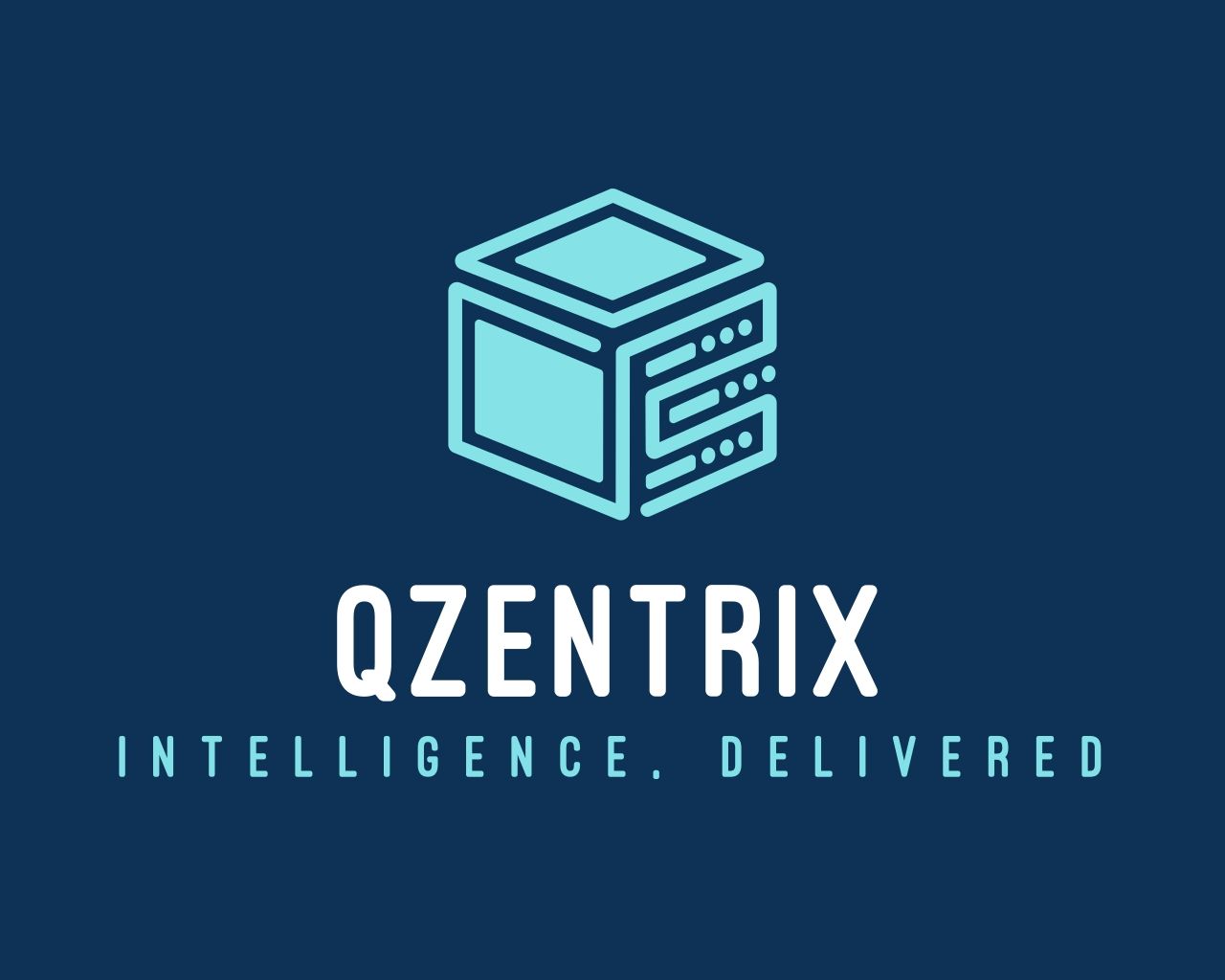The Power of Connected Systems
In today's digital landscape, businesses rely on multiple software systems to manage different aspects of their operations. However, when these systems operate in silos, they create inefficiencies that hinder growth.
The Cost of Disconnected Systems
Companies using disconnected systems often face:
- Manual data entry across multiple platforms
- Inconsistent data leading to poor decision-making
- Reduced employee productivity
- Higher operational costs
- Poor customer experience
Benefits of System Integration
Proper system integration delivers tangible business benefits:
1. Operational Efficiency
Automated data flow between systems eliminates manual work and reduces errors. For example, integrating your CRM with your billing system ensures customer information is always synchronized.
2. Data-Driven Insights
Integrated systems provide a 360-degree view of your business, enabling better analytics and informed decision-making.
3. Enhanced Customer Experience
Customers enjoy seamless interactions when your systems work together. Order status, support tickets, and account information stay consistent across all touchpoints.
4. Scalability
Well-integrated systems can grow with your business, making it easier to add new features or expand to new markets.
QZentrix Integration Success Story
We recently helped a retail client integrate their:
- E-commerce platform with inventory management
- CRM with marketing automation
- Accounting software with sales data
The results were impressive:
- 45% reduction in manual data entry
- 30% faster order processing
- 25% improvement in inventory accuracy
- 20% increase in customer satisfaction
Getting Started with System Integration
Ready to integrate your systems? Follow these steps:
- Audit your current systems and identify integration points
- Define your integration goals and success metrics
- Choose the right integration approach (APIs, middleware, etc.)
- Start with high-impact, low-complexity integrations
- Plan for ongoing maintenance and updates
System integration isn't just a technical project - it's a business growth strategy. By connecting your systems, you're building a foundation for sustainable growth and competitive advantage.
